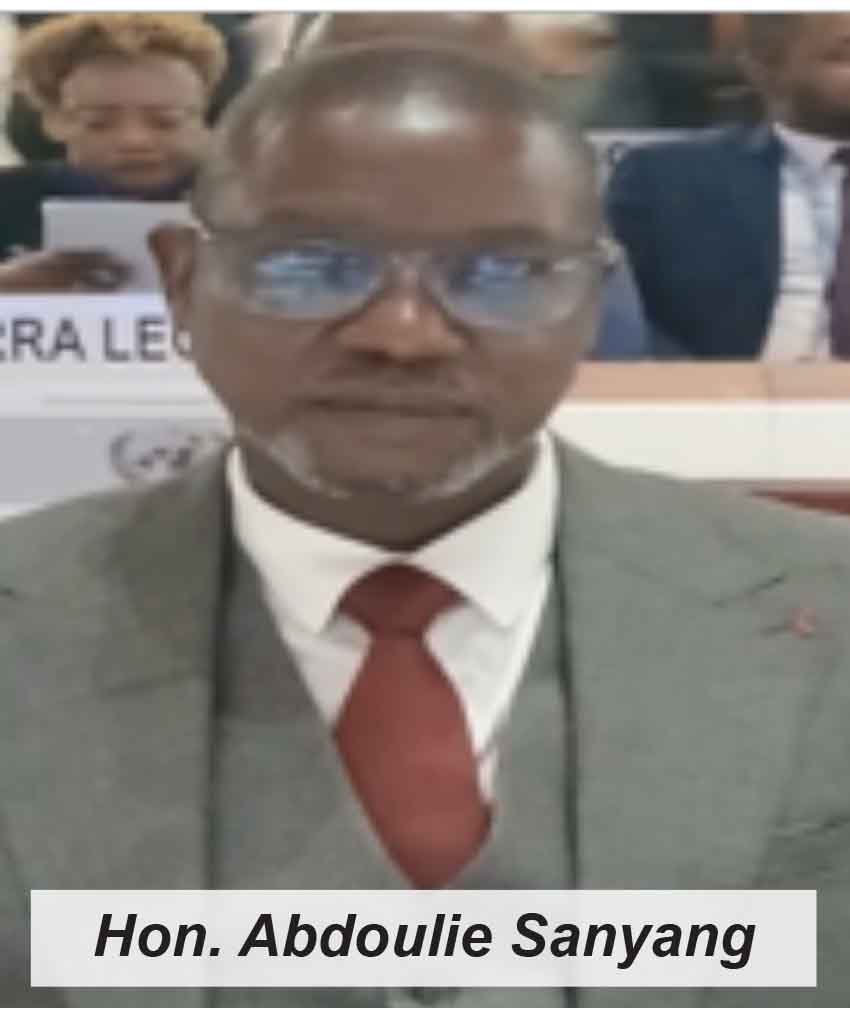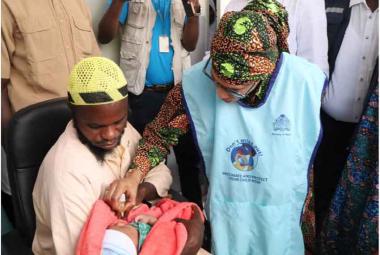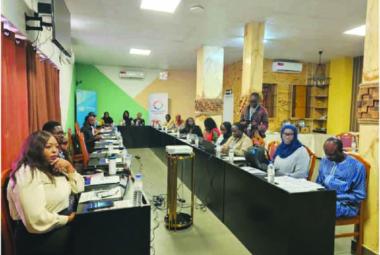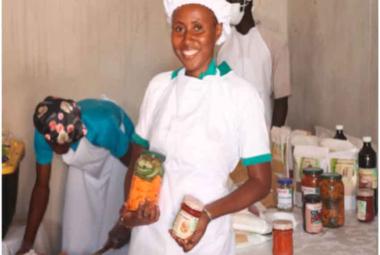The United Nations High Commission for Refugees (UNHCR) recently held its 75th Executive Committee (ExCom) Meeting, in Geneva, Switzerland, from 14th to 18th October 2024. The Gambian minister of the Interior, Hon. Abdoulie Sanyang, was in the Swiss capital to participate in the forum. In his address of the ExCom meeting, Hon. Minister Sanyang had this to say: “This year’s meeting comes at a critical time, when global cooperation on refugee protection and humanitarian assistance is more essential than ever”.
He told the meeting that The Gambia, like many other nations, has faced challenges and triumphs in its efforts to safeguard the dignity and rights of refugees, asylum seekers, and stateless persons. “Despite our limited resources, we have remained steadfast in our commitment to providing refuge to those fleeing conflict, persecution, and natural disasters. The Gambia has a long tradition of hospitality, guided by principles of humanitarian practices and solidarity with our brothers and sisters across the continent,” he further remarked. He warned that the world is witnessing unprecedented levels of forced displacement. “Conflicts in neighboring regions, economic instability, irregular and clandestine migration and climate change-led migration are exacerbating vulnerabilities and pushing millions to seek refuge across borders. Thus, rising sea levels and erratic weather patterns are threatening livelihoods, forcing communities to migrate.
Our national systems, including healthcare, education, and social services, are under strain”. Minister Sanyang pointed out that The Gambia, although small in size, has played its part in responding to these global crises. He informed that the country has welcomed over 4200 refugees from 21 countries, ensuring they find safety and security and inclusion. However, the Minister pointed out that the global economic downturn and the effects of climate change have further complicated The Gambia’s ability to extend protection and humanitarian assistance to refugees. Hence, he called for international solidarity and burden-sharing, as well as greater support for refugee-hostmanship, particularly for resourced-constricted countries like The Gambia.
“The Gambia is also committed to addressing the root causes of displacement, missing persons and irregular migration; through active engagement in regional peace-building efforts. We strive to contribute to the resolution of conflicts that force people to flee their homes. Our involvement in the Economic Community of West African States (ECOWAS) peacekeeping missions is a testament to our commitment to ensuring stability in the sub-region”. Hon. Sanyang said The Gambia further calls for more robust global action on climate change, including climate finance mechanisms that support adaptation and resilience-building in developing countries.
“While we have made progress, we cannot overlook the urgent need for more durable solutions for refugees. The Gambia is working closely with the UNHCR to strengthen resettlement, voluntary repatriation, and local integration programmes. We believe that refugees should be empowered to rebuild their lives and contribute to their host communities. We must all work together to create opportunities for them to thrive through education, vocational training, and employment,” the Interior minister advised. He commended the UNHCR for its unwavering dedication and tireless work in protecting the rights of refugees worldwide. “Your efforts continue to bring hope to millions who have been displaced and on the move,” he stated. He reaffirmed The Gambia’s commitment to upholding international refugee law, as well as its dedication to ensuring that refugees and displaced persons are treated with dignity and respect.
He expressed belief that with strong international cooperation, shared responsibility, and genuine solidarity, the challenges would be surmounted. Hon. Minister Sanyang was accompanied by the Commissioner for Gambia Commission for Refugees, Ebrima Manneh, who hailed Gambia’s participation in this important global forum. The EXCOM concluded on 18 October 2004 with Ecuador taking the chairmanship for the 2024/2025 Executive Committee Meeting, Ethiopia taking the position of vice chairmanship for the 2024/2025 Executive Committee Meeting; while the United Kingdom took the position of the Rapporteur for the same bloc. The theme of the 2025 Executive Committee Meetings (EXCOM) will be ‘Climate Change and Forced Displacement’.







